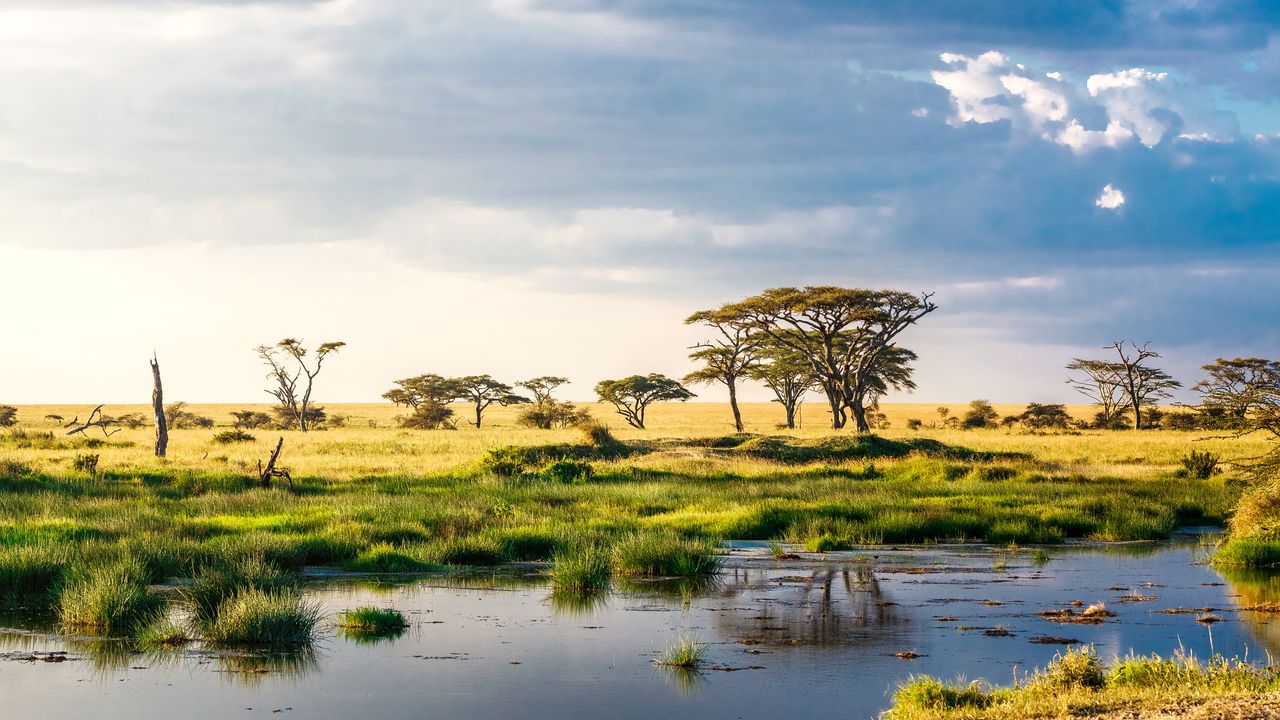Cultural Experiences in Africa: Unveiling the Richness of Diversity
When it comes to cultural experiences, Africa stands as a treasure trove of diversity. This vast continent is home to a multitude of ethnic groups, each with its own unique traditions, languages, and customs. From the vibrant festivals and rituals to the captivating art and music, Africa offers an immersive journey into the heart of cultural diversity.
Cultural Diversity: A Kaleidoscope of Traditions
Africa is a continent known for its cultural richness and diversity. With over 2,000 distinct ethnic groups, the continent is a true melting pot of traditions. From the Maasai tribe in East Africa to the Zulu people in Southern Africa, each community has its own distinct way of life.
One of the most fascinating aspects of African culture is the traditional clothing. The vibrant colors, intricate patterns, and unique designs tell stories of the community’s history, values, and beliefs. Whether it’s the bold Kente cloth of Ghana or the elegant Dashiki of West Africa, every garment is a testament to the cultural heritage of its wearers.
Another significant aspect of African culture is the diverse cuisine. From the spicy flavors of North African cuisine to the hearty stews of West Africa, the continent’s food reflects the abundance of its natural resources and the creativity of its people. Exploring the local markets and trying traditional dishes is an essential part of any cultural experience in Africa.
Cultural Conservation: Preserving the Past for the Future
While Africa’s cultural diversity is a source of pride, it is also important to acknowledge the challenges faced in preserving these traditions. As globalization continues to influence societies worldwide, there is a growing concern about the erosion of cultural heritage.
Fortunately, efforts are being made to safeguard African cultures and ensure their preservation for future generations. Organizations and initiatives focused on cultural conservation are working hand in hand with local communities to document, protect, and promote traditional practices.
One such initiative is the establishment of cultural centers and museums across the continent. These institutions serve as repositories of knowledge, showcasing artifacts, artworks, and historical documents that provide insights into African cultures. They also serve as spaces for cultural exchange, where locals and visitors can engage in storytelling, music, and dance performances.
Cultural Storytelling: Connecting Past, Present, and Future
Storytelling is deeply ingrained in African culture. Through oral traditions, myths, legends, and folktales, communities pass down their history, values, and wisdom from one generation to another. These stories are not only a means of entertainment but also a way of preserving cultural identity.
Today, cultural storytelling has evolved to embrace new mediums, including literature, film, and music. African authors, filmmakers, and musicians are using their creative talents to share their stories with the world, bridging the gap between past and present, and fostering a sense of cultural pride.
Furthermore, cultural tourism plays a significant role in promoting cultural storytelling. Travelers who embark on cultural tours in Africa have the opportunity to engage with local communities, listen to their stories, and gain a deeper understanding of their way of life. This exchange of knowledge and experiences not only benefits the visitors but also supports the economic development of the communities.
In Conclusion
Africa’s cultural experiences are a testament to the richness and diversity of human heritage. Through cultural diversity, conservation, and storytelling, the continent continues to celebrate and preserve its traditions. By embracing and appreciating Africa’s cultural tapestry, we can foster a greater understanding and appreciation for the beauty of diversity in our global society.
